Cloud computing has emerged as a transformative force in Bangladesh, propelling the nation’s digital economy into a new era of growth and innovation. As of 2024, the country’s IT sector, valued at USD 1.5 billion, is experiencing a 15% year-over-year growth, driven mainly by the adoption of cloud technologies like AWS, Microsoft Azure, and Google Cloud. This shift empowers businesses, enhances public services, and fosters a vibrant digital ecosystem that benefits millions. Platforms like 4RaBet https://4rabet-casino.net leverage cloud infrastructure to deliver secure, scalable access to their extensive casino game library, offering Bangladeshi users a seamless and engaging entertainment experience. This article delves into how cloud computing is reshaping Bangladesh’s digital landscape, from enabling SMES to revolutionising education and entertainment.
Empowering Small and Medium Enterprises (SMES)
Cloud computing has levelled the playing field for SMES in Bangladesh, providing affordable access to advanced technology once reserved for large corporations. With 7.8 million SMES contributing 25% to the GDP, the impact is significant.
- Cost Efficiency: Cloud services eliminate the need for expensive on-premises infrastructure, allowing SMEs to pay only for what they use, such as AWS’s pay-as-you-go model.
- Scalability: Businesses can scale operations seamlessly during peak seasons, like e-commerce platforms during Eid sales, without investing in permanent hardware.
- Global Reach: Cloud-based tools enable SMEs to access international markets, with platforms like Daraz using AWS to serve customers across South Asia.
By adopting cloud solutions, SMEs in Bangladesh are boosting productivity and competitiveness, driving economic growth in both urban and rural areas.
Enhancing Public Services Through E-Governance
The Bangladeshi government has embraced cloud computing to improve public service delivery, aligning with its Digital Bangladesh initiative launched in 2009. Cloud technology ensures efficient, transparent, and accessible services for citizens.
- National Data Centers: The Bangladesh Computer Council operates cloud-based data centers to host e-governance services, reducing downtime and improving access to services like birth registration.
- Citizen Portals: The National e-Government Portal, powered by cloud infrastructure, allows citizens to pay utility bills and apply for passports online, serving over 5 million users monthly.
- Disaster Recovery: Cloud backups ensure continuity of services during natural disasters like cyclones, a frequent challenge in Bangladesh, protecting critical data for 50+ government agencies.
These advancements are making governance more inclusive, particularly for rural citizens who can now access services without traveling to urban centers.
Revolutionizing Education with Cloud-Based Learning
Cloud computing is transforming education in Bangladesh, where traditional infrastructure struggles to keep pace with a population of over 170 million. By 2024, over 10,000 schools and colleges have adopted cloud-based learning platforms.
- Access to Resources: Platforms like Shikkha, hosted on Google Cloud, provide digital textbooks and video lessons to students in remote areas, bridging educational gaps.
- Teacher Training: Cloud-based programs enable virtual training for teachers, with 80,000 educators trained in 2023 alone through Microsoft Azure-hosted initiatives.
- Cost Savings: Schools save on physical infrastructure by using cloud solutions, redirecting funds to improve student facilities like labs and libraries.
This digital shift is empowering students and educators, ensuring quality education reaches even the most underserved communities in Bangladesh.
Boosting the Entertainment and Gaming Industry
The entertainment sector in Bangladesh is experiencing a digital renaissance, thanks to cloud computing. Streaming services, gaming platforms, and content creators are leveraging the cloud to reach wider audiences.
- Streaming Growth: Platforms like Binge and Chorki use AWS to stream high-definition content, serving over 3 million subscribers with minimal buffering.
- Gaming Platforms: 4RaBet utilizes cloud infrastructure to offer a secure and scalable platform for casino games, ensuring smooth gameplay for Bangladeshi users on its mobile app.
- Content Creation: Cloud-based editing tools like Adobe Creative Cloud enable local filmmakers to produce high-quality content, with 500+ projects completed in 2024.
The cloud’s ability to handle large-scale data and deliver real-time experiences is fueling the growth of Bangladesh’s entertainment industry, catering to a tech-savvy youth population.
Strengthening Cybersecurity in a Digital Economy
As Bangladesh’s digital economy grows, so does the need for robust cybersecurity. Cloud computing offers advanced security features that protect businesses and consumers from rising cyber threats.
- Data Encryption: Cloud providers like Microsoft Azure offer end-to-end encryption, safeguarding sensitive data for over 1,000 Bangladeshi businesses.
- Threat Detection: AI-driven cloud security tools detect and mitigate threats in real-time, reducing cyberattack incidents by 30% in 2024, according to the Bangladesh e-Government Computer Incident Response Team.
- Affordable Solutions: Small businesses benefit from cloud-based security services, which are 40% cheaper than traditional on-premises solutions, making cybersecurity accessible to all.
By integrating cloud security, Bangladesh is building a safer digital environment, fostering trust among users and businesses alike.
Challenges and the Path Forward
Despite its benefits, the adoption of cloud computing in Bangladesh faces several challenges that must be addressed to sustain growth. However, these hurdles also present opportunities for innovation.
- Skill Gaps: A shortage of cloud-trained professionals hinders adoption, with only 5,000 certified cloud experts in the country as of 2024.
- Connectivity Issues: Rural areas still face unreliable internet, limiting cloud access for 30% of the population despite 4G coverage.
- Regulatory Framework: The absence of comprehensive cloud-specific regulations creates uncertainty, though the government is drafting a Cloud First Policy to be implemented by 2026.
Addressing these challenges through public-private partnerships, skill development programs, and infrastructure investments will ensure Bangladesh fully harnesses the potential of cloud computing.
Conclusion
Cloud computing is a cornerstone of Bangladesh’s digital economy, driving growth across SMEs, public services, education, entertainment, and cybersecurity. By providing scalable, cost-effective solutions, it empowers businesses and citizens alike, aligning with the nation’s Smart Bangladesh 2041 vision. Platforms like 4RaBet Casino https://4rabet-casino.net/live-dealer-games/ exemplify how cloud technology enhances user experiences, delivering seamless entertainment to Bangladeshi audiences. As the country navigates challenges like skill gaps and connectivity, continued investment in cloud infrastructure will solidify Bangladesh’s position as a digital leader in South Asia, fostering innovation and economic prosperity for years to come.





